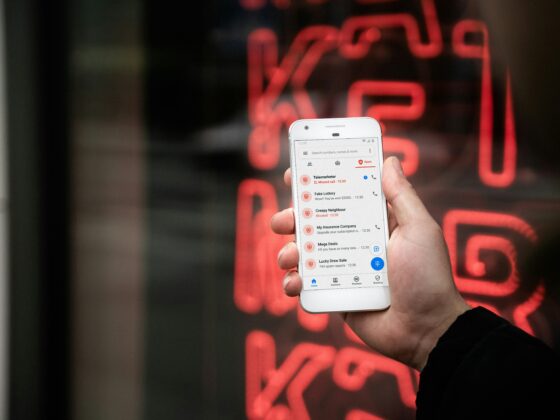
India has been a cash-dominant society for decades. The reasons physical currency persisted long after other economies had digitized trace back to infrastructure gaps, limited internet access and deep-seated trust issues. Until the mid-2010s nearly half the population lacked a bank account or any official form of identification, making cash the only universally accepted tender. When plastic money arrived, uptake was low and credit cards remained niche; less than 4% of adults held one in 2024. And debit cards, though issued in the hundreds of millions, functioned mainly as keys to ATMs rather than as tools for commerce. Cardholders faced an inordinate amount of friction: Newly issued cards were disabled for online or contactless use by default; checkout required second-factor authentication (2FA) in addition to the 16-digit card number and CVV, all on often sluggish bank pages; and every mis-typed digit or delayed SMS meant a failed payment. Add patchy merchant acceptance, widespread fear of fraud and a cultural aversion to debt into the mix, and India’s shoppers kept choosing the tactile certainty of cash.
Before fintech’s big bang, India’s online consumers muddled through net banking—manual NEFT/IMPS transfers, payee registration and clunky bank portals that only tech-savvy users tolerated. The real spark came when mobile wallets burst onto phones in the early- to mid-2010s. Paytm, FreeCharge and Mobikwik turned a recharge app into a pocket-sized purse: Load cash once, tap to pay, split a bill or gift money in seconds with no OTP marathons or detailed card information to provide. Cashback offers, QR codes at every tea stall and instant P2P transfers pulled tens of millions into their first digital transactions. Yet each wallet was a walled garden; funds couldn’t freely hop between apps or back to bank accounts. While mobile wallets demonstrated that Indians were ready for cash-free convenience, they also revealed that the country needed an open, interoperable channel to finish the job.









